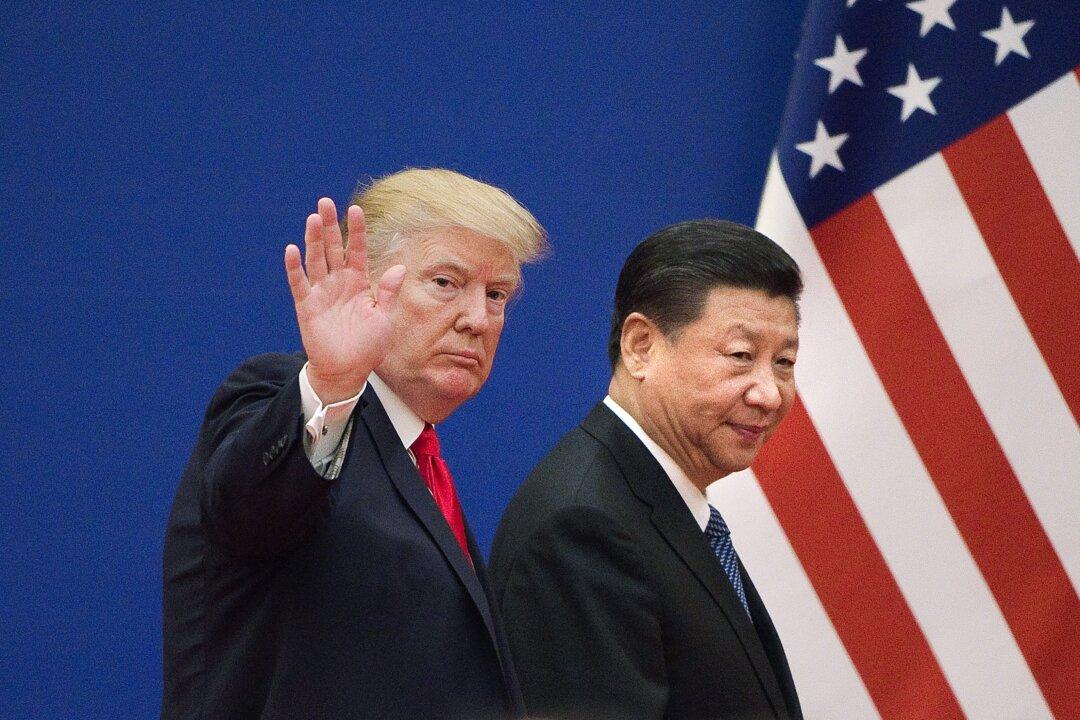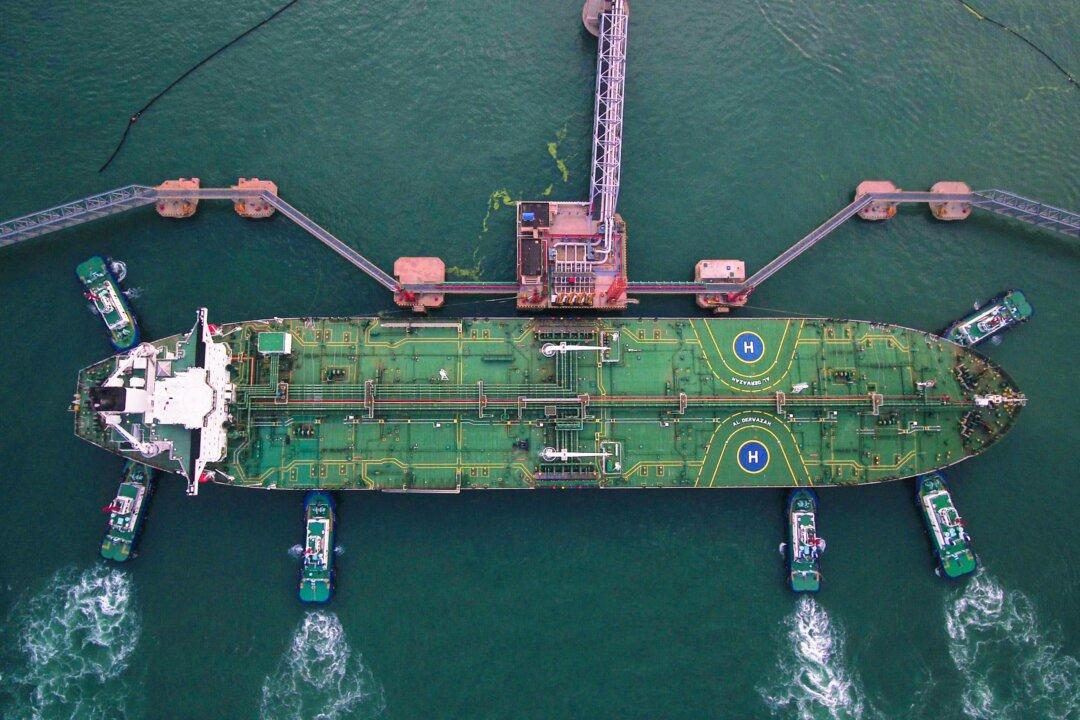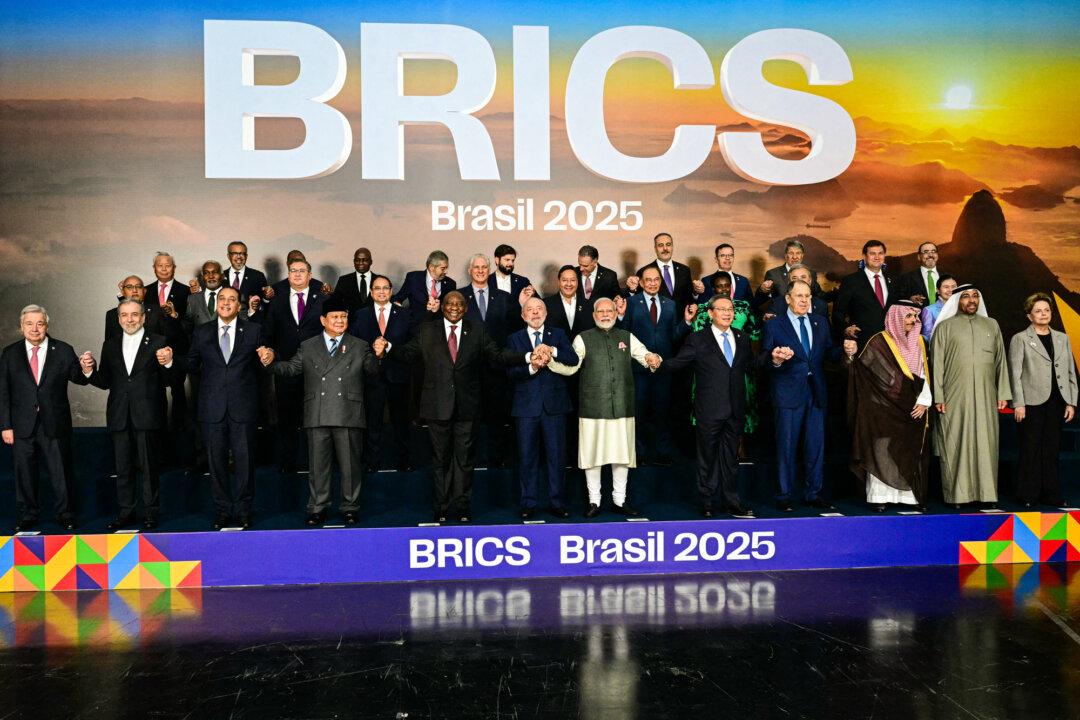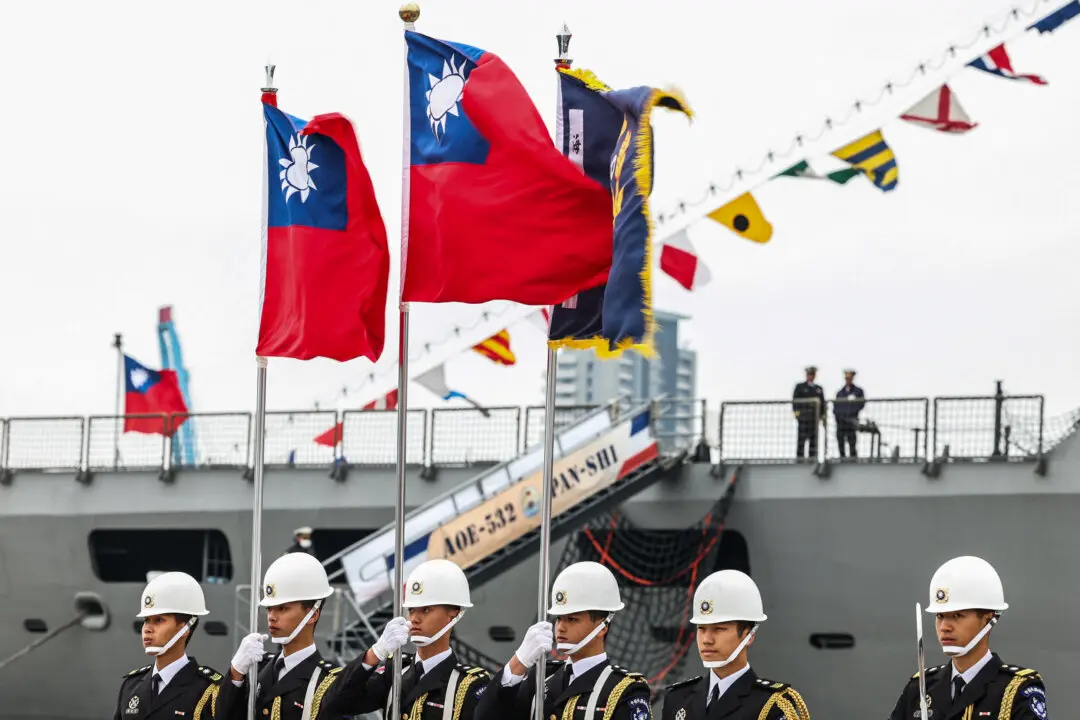Since the beginning of the Trump presidency, we’ve been witnessing a new era emerging in the world. This new era is most easily defined by the rising trade conflict between the United States and China.
Though true, it tells only part of the new realities. The context is much broader and deeper than that.





